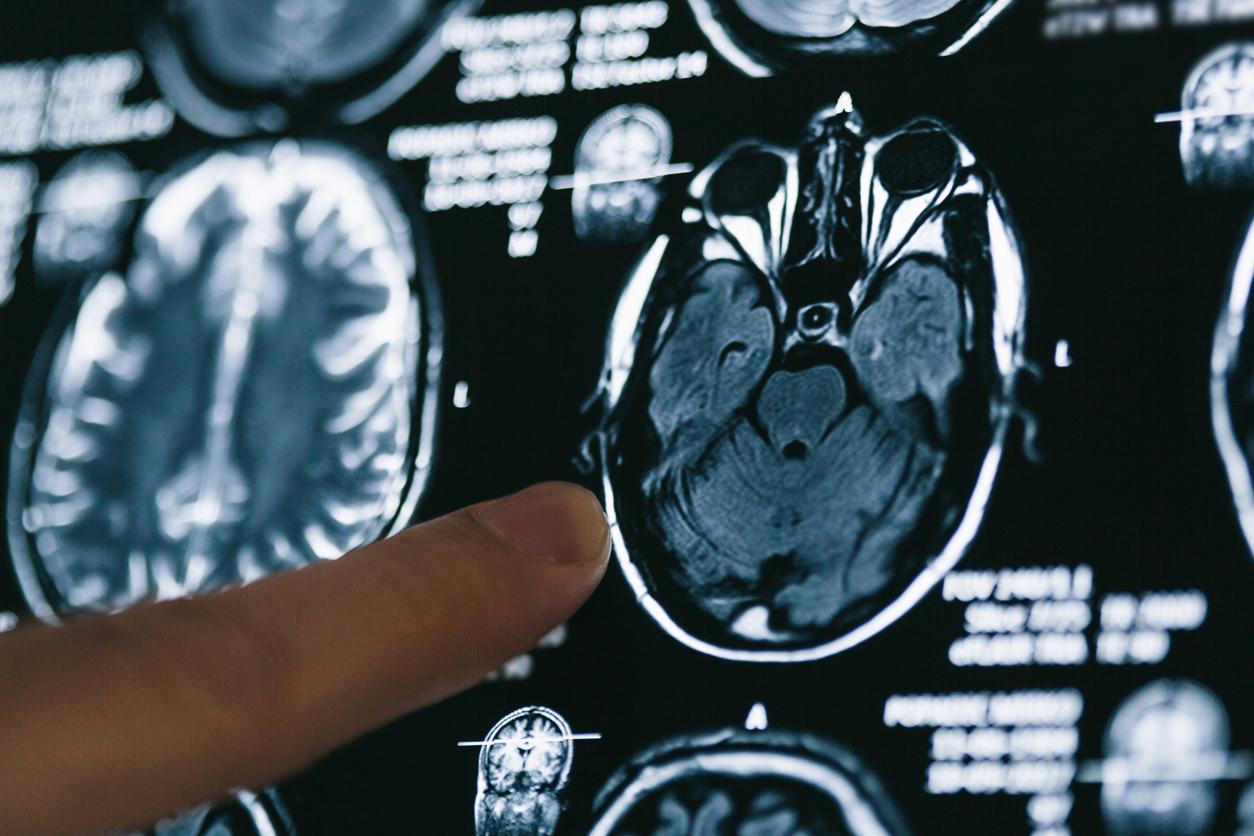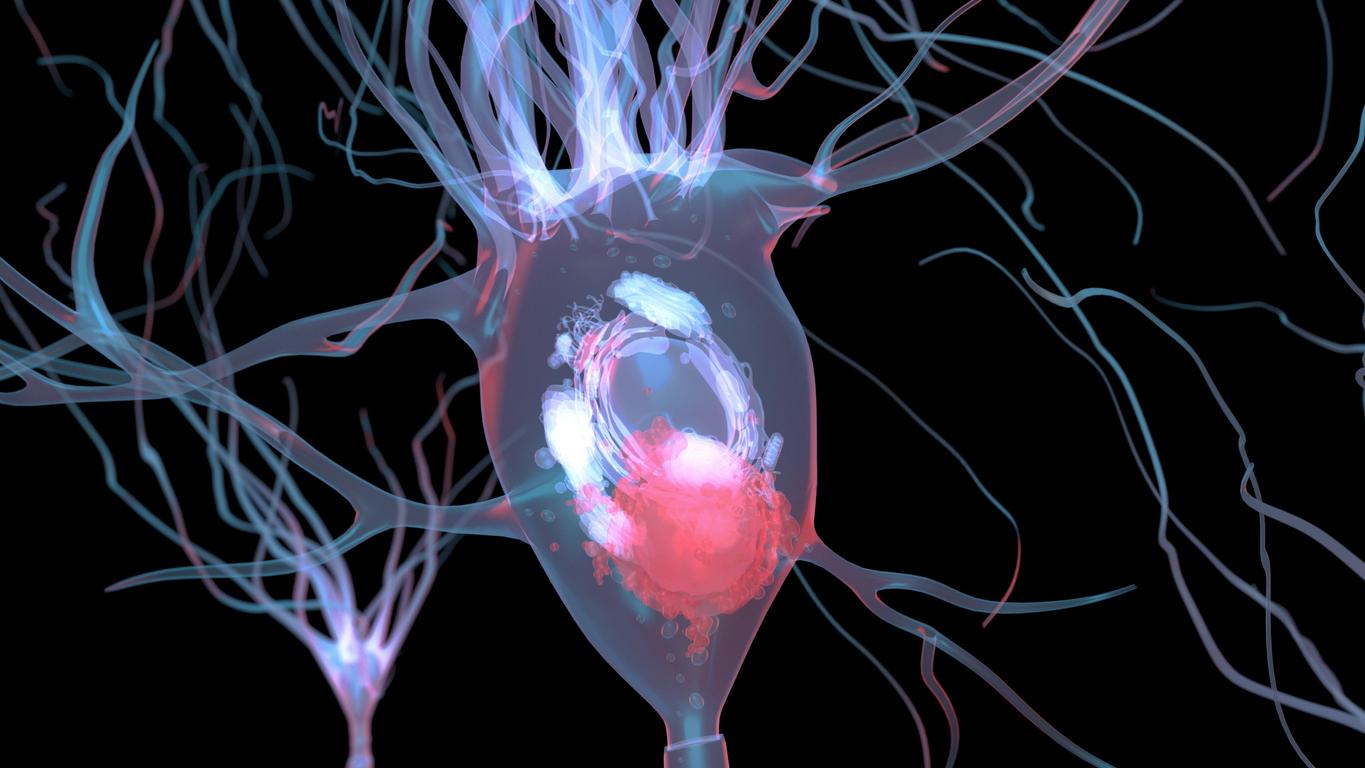Daily memory tests on smartphones could spot the first, otherwise undetectable, signs of cognitive decline and Alzheimer’s disease, researchers say.

- Researchers have highlighted the potential of smartphone learning tests to early detect memory lapses linked to Alzheimer’s disease in seniors.
- The study reveals in particular that “elderly people whose learning curve was at half mast had a greater risk of cognitive decline over a period of one year”.
- Alzheimer’s disease is the most common form of neurodegenerative pathology. In France, more than 900,000 people suffer from it, the majority of them women.
Identifying cognitive changes linked to Alzheimer’s disease in the elderly is not easy in the early stages of the pathology. A new study, published in the journal Annals of Neurologyhighlights the potential of learning tests on smartphones to detect memory flaws early and thus better combat cognitive decline.
Cognitive decline: daily tests to spot the signs
To arrive at this observation, researchers from Mass General Brigham, a famous hospital center in the United States, relied on data from a cohort of 164 people aged 60 to 91 and without cognitive impairment. Among them, 36 had high levels of amyloid plaques, which form particularly in neurodegenerative diseases. The participants were asked to take different cognitive tests, twelve minutes a day for a week, on their own phone. The objective was to determine “whether the assessment of learning over several days can reveal memory alterations linked to Alzheimer’s disease”can we read in a communicated.
THE “sign and number test” consisted of memorizing six road signs associated with numbers, then identifying sign-number pairs. With the “race test”, volunteers had to remember a price associated with a photo of a supermarket item. In a third test, they had to remember a series of face-name pairs and then choose the correct name through multiple choice. Participants also took more standard cognitive exams, in the form of questionnaires.

“An overview of the type of memory that declines in the early stages of Alzheimer’s”
As a result, the exercises did indeed make it possible to detect cognitive changes linked to Alzheimer’s disease in otherwise healthy seniors. They thus revealed that a “downward learning curve was associated with the presence of amyloid” and, furthermore, that “those whose learning curve was at a sluggish level had a greater risk of cognitive decline over a one-year period.”
“This gives us insight into the type of memory that declines in the early stages of the disease,” explains researcher Kathryn Papp, who led the study. This could have direct relevance to improving how we measure treatment effects in clinical trials and to better monitoring the risk of cognitive decline in a large aging population.”
















